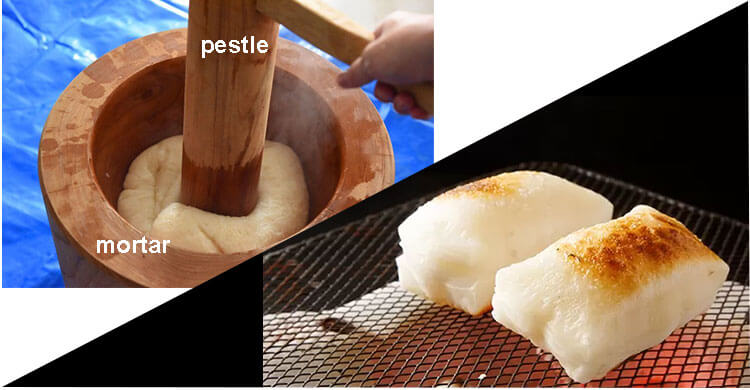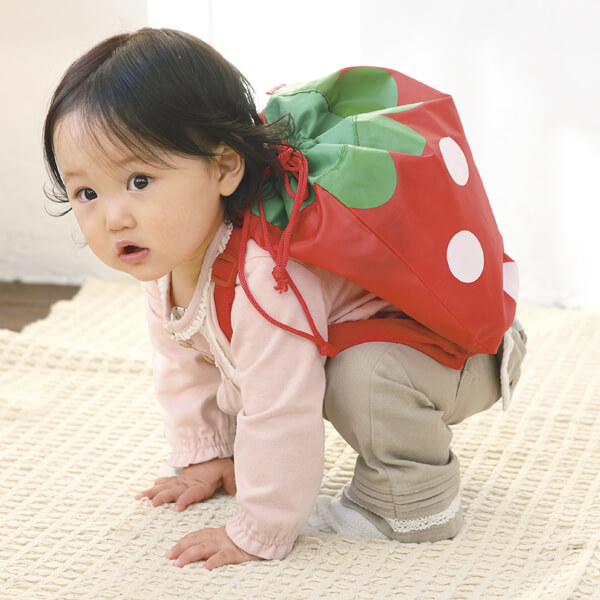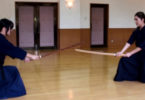Hi everyone how are you? I’d like to talk about “Mochi” (rice cake) which is “comfort food” for our older generation as consumption of it has been decreasing drastically these days.
What’s “Mochi”?
On the New Year Day in Japan, a type of mochi called Kagami-mochi is put on display at many homes as a celebratory offering to the gods.
It is also a New Year custom to eat Ozouni, a kind of soup containing mochi and other ingredients.
Because mochi is very stretchy, it’s seen as a symbol of longevity and it has been regarded as an auspicious food for centuries.
How is mochi made from?
It is made from rice. To be more specific, a kind of glutinous rice called Mochigome is used.
A mortar and a pestle/mallet are essential tools for making mochi. Mochi-making is always done by two or more people.
mochi that has been left to soak in water overnight is steamed and then put into the mortar.
It’s thoroughly mashed using the pestle or mallet. Once the grains of rice have lost their shape, the pounding begins.
To pound the rice evenly all the way through, a second person must keep adding some water-to maintain the right hardness of the mochi and also keep flipping it over.
After about 10 minutes of doing this in perfect harmony, the mochi looks nice and shiny and is ready for consumption.
The freshly pounded rice cakes can be mixed with various condiments and foods. Because mochi itself is light in flavour, it goes well with anything, whether it’s sweet or salty.
It hardens when it cools. But when hardened mochi is boiled or grilled, it regains its original springiness. Mochi is preservable and can be enjoyed whenever you want.
It also plays a key role in various situations. This is an event to celebrate babies’ first steps. Each of these one-year-olds tries to walk with a 1.5-kilogram lump of mochi strapped to his or her back.
By having them do this, the parents wish that their children will never go hungry.
The process called “joutou” (上棟) is performed during the construction of a new house, and it signifies the successful completion of the initial framing of the house.
To celebrate this milestone, there is a traditional event called “mochi maki” where people scatter mochi (rice cakes).
Mochi maki is not only carried out by the homeowner (施主) but also involves inviting acquaintances and people from the neighborhood to participate, creating a large gathering.
It is a very special food that makes an appearance at every pivotal moment in the lives of the Japanese.
Ultimately, what about having a try of a piece of Mochi, rice cake if you have a chance!
And if you have time, the latest Mochi, “Mizu Shingen Mochi (Raindrop cake)” to be recommendable to visit, thanks














